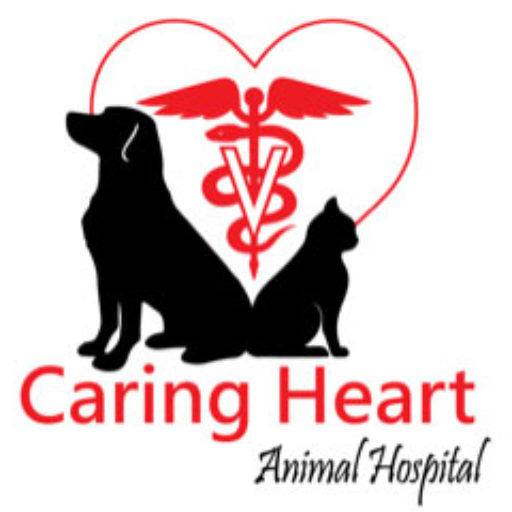A new year tends to inspire resolutions, and many of them often deal with fitness and health. Why not consider some resolutions for your pets? There’s no time like now to resolve to get your pet to maintain a healthy weight. Overweight and obese pets are at increased risk of developing diabetes, cancer, cardiovascular disease, orthopedic disease, and more.
Check out these four things you can do to help keep your pet at a healthy weight:
Feed appropriately
Your pet’s food should be labeled for her species, and it should be tailored to her needs regarding age, activity level, and health status. If you have a puppy, she’ll benefit from higher-calorie puppy food. If you have a senior cat with early-stage kidney disease, you should choose a food formulated for cats with kidney disease and feed her the appropriate daily amount based on her activity level.
Also, be sure to limit your pet’s treats and do not feed table scraps. Treats should never account for more than 10 percent of your pet’s recommended daily caloric consumption.
Food aisles at pet stores can be overwhelming. Ask us for help choosing a food that would be appropriate for your pet.
Provide opportunities for activity
Every good weight loss or maintenance plan includes exercise. Get active with your pet: Increase walking frequency or length with your dog. Encourage your cat to chase a laser pointer or remote-controlled toy. These activities will also help to strengthen the bond you share with your furry pal.
Recognize when your pet has a problem
When you see your pet every day, it can be challenging to recognize when she’s gained a pound or two. But, a pound or two for a small cat or dog can make a big difference. If your pet is at a healthy weight, you’ll easily be able to feel all of her ribs without seeing them. When viewed from the side, she’ll have an “abdominal tuck,” where there is a clear waistline.
Talk about your pet’s weight with us
Don’t be afraid to ask us, “Is my pet overweight?” We at Caring Heart Animal Hospital offer nutritional counseling, which includes evaluating your pet’s dietary needs, recommending nutritional supplements or prescription diets, and developing weight loss programs as necessary.
Questions or concerns about your pet’s health? Are you considering nutritional counseling? We’re here to help! Contact us.


